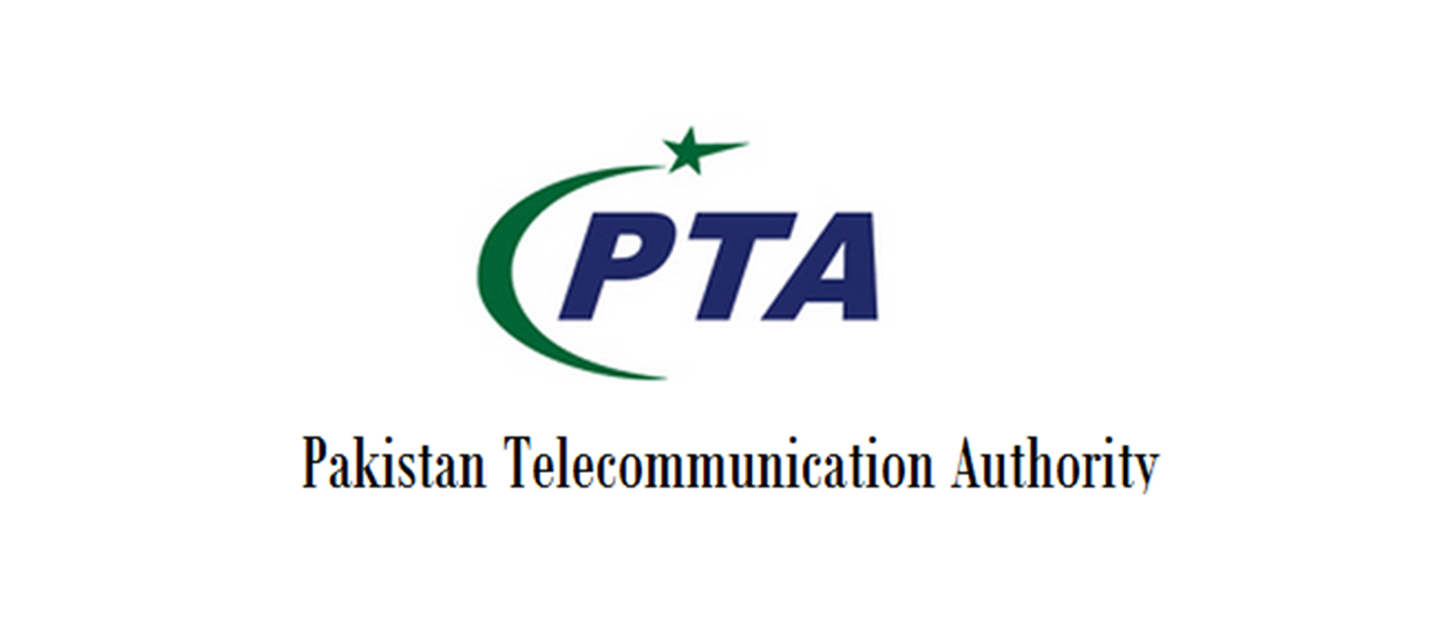U.S. Vice President JD Vance has urged India to respond with caution to the recent Kashmir attack, expressing concern that any aggressive retaliation could spark a wider regional conflict. Speaking to Fox News, Vance said, “Our hope here is that India responds to this attack in a way that doesn’t lead to a broader regional conflict.”
He also emphasized Washington’s expectation that Pakistan will fully cooperate in identifying and addressing any militant involvement, “to the extent that they’re responsible.”
The April 22 assault in Pahalgam, which claimed 26 lives—mostly tourists—was one of the deadliest attacks in Indian Illegally Occupied Jammu and Kashmir (IIOJK) in over two decades. India hinted at cross-border involvement, while Pakistan categorically denied the allegation and has called for an independent investigation.
While President Donald Trump and other top U.S. officials have condemned the attack and expressed support for India, they have avoided directly blaming Pakistan. The U.S. views both countries as key players in the region, though Pakistan’s strategic importance has diminished since the 2021 withdrawal from Afghanistan.
READ MORE: FBR Seals Sowears Outlets in Karachi Over Rs. 100M Tax Evasion
The State Department confirmed that Secretary of State Marco Rubio held separate conversations with Indian Foreign Minister Subrahmanyam Jaishankar and Pakistani Prime Minister Shehbaz Sharif, urging restraint and a diplomatic solution.
In the wake of the attack, India has taken punitive actions by suspending the Indus Waters Treaty, closing its airspace to Pakistani flights, and engaging in cross-LoC shelling. In response, Pakistan restricted Indian diplomatic staff and reiterated its non-involvement.
At the United Nations, Pakistan’s Ambassador Asim Iftikhar Ahmad met UN Secretary-General António Guterres to discuss the escalating South Asian security crisis. A press release from Pakistan’s UN mission affirmed Islamabad’s commitment to peace and regional stability.
UN spokesperson Stéphane Dujarric confirmed that Guterres had spoken with both nations’ leaders and had offered to mediate, though actual involvement would require consent from both sides.


